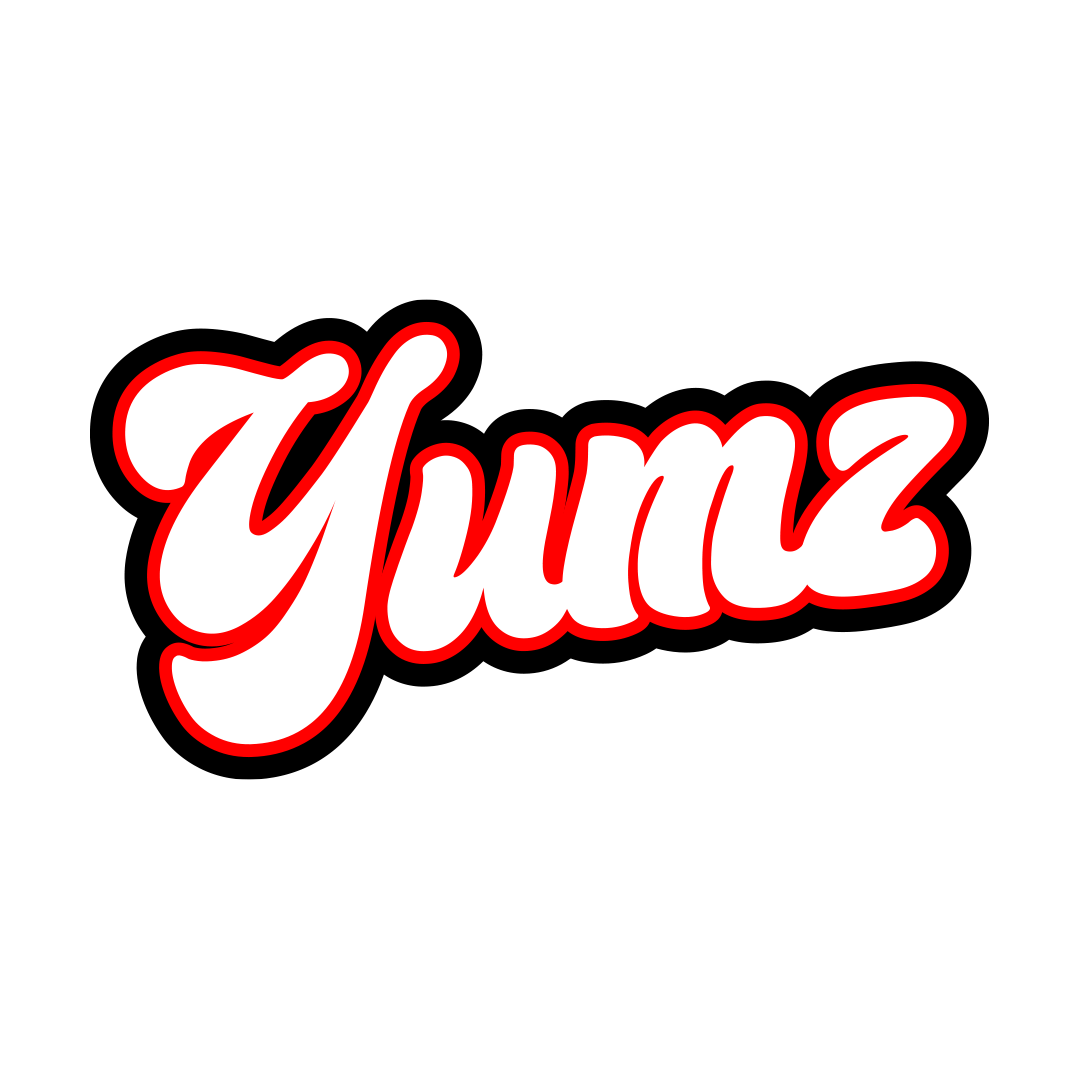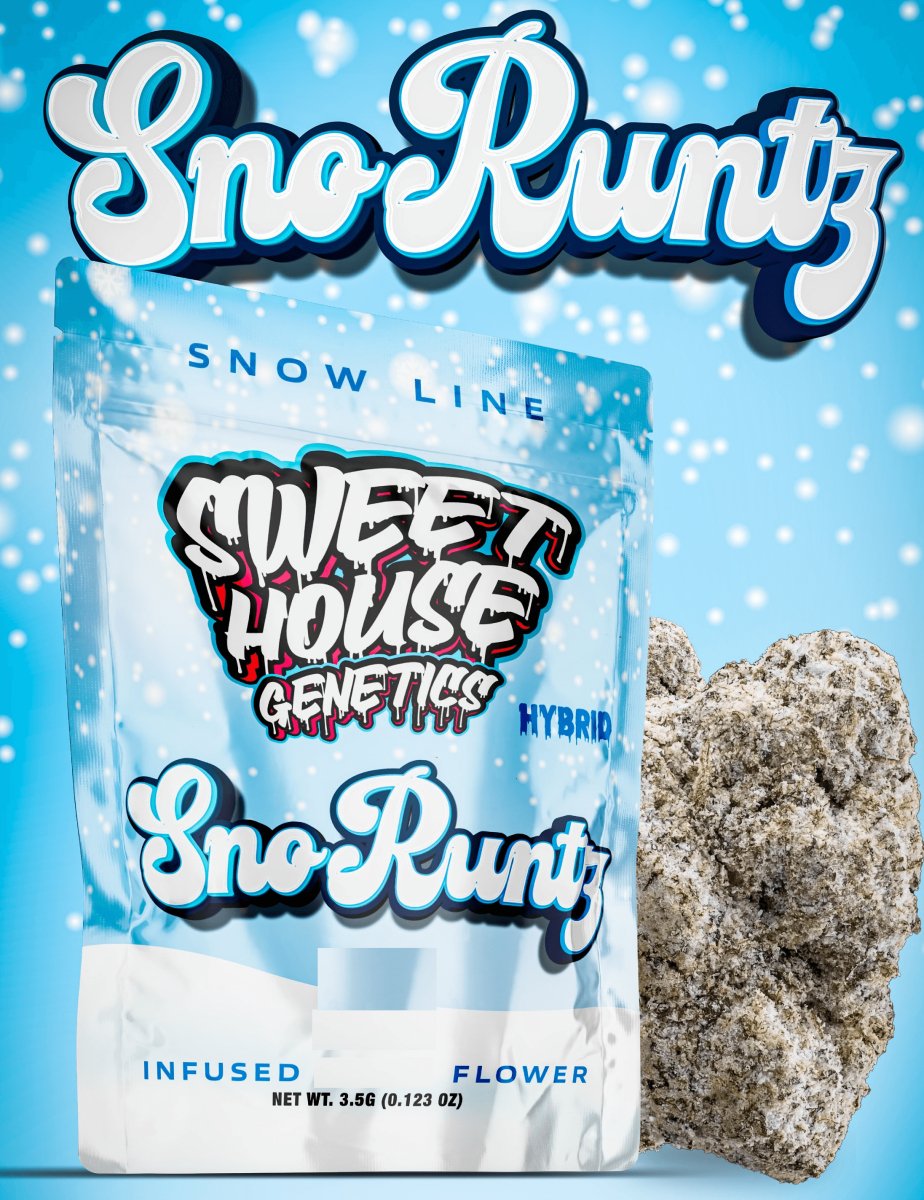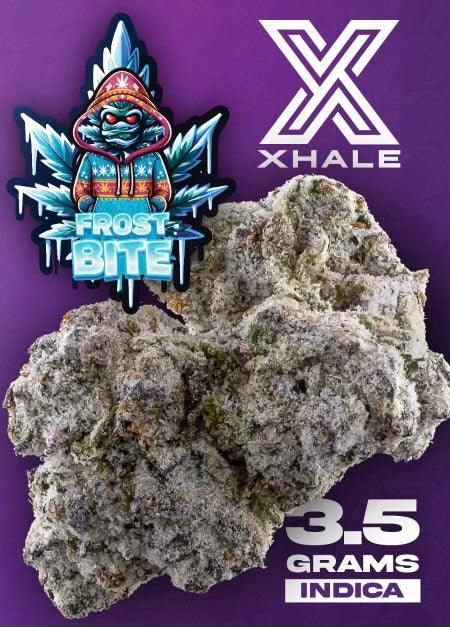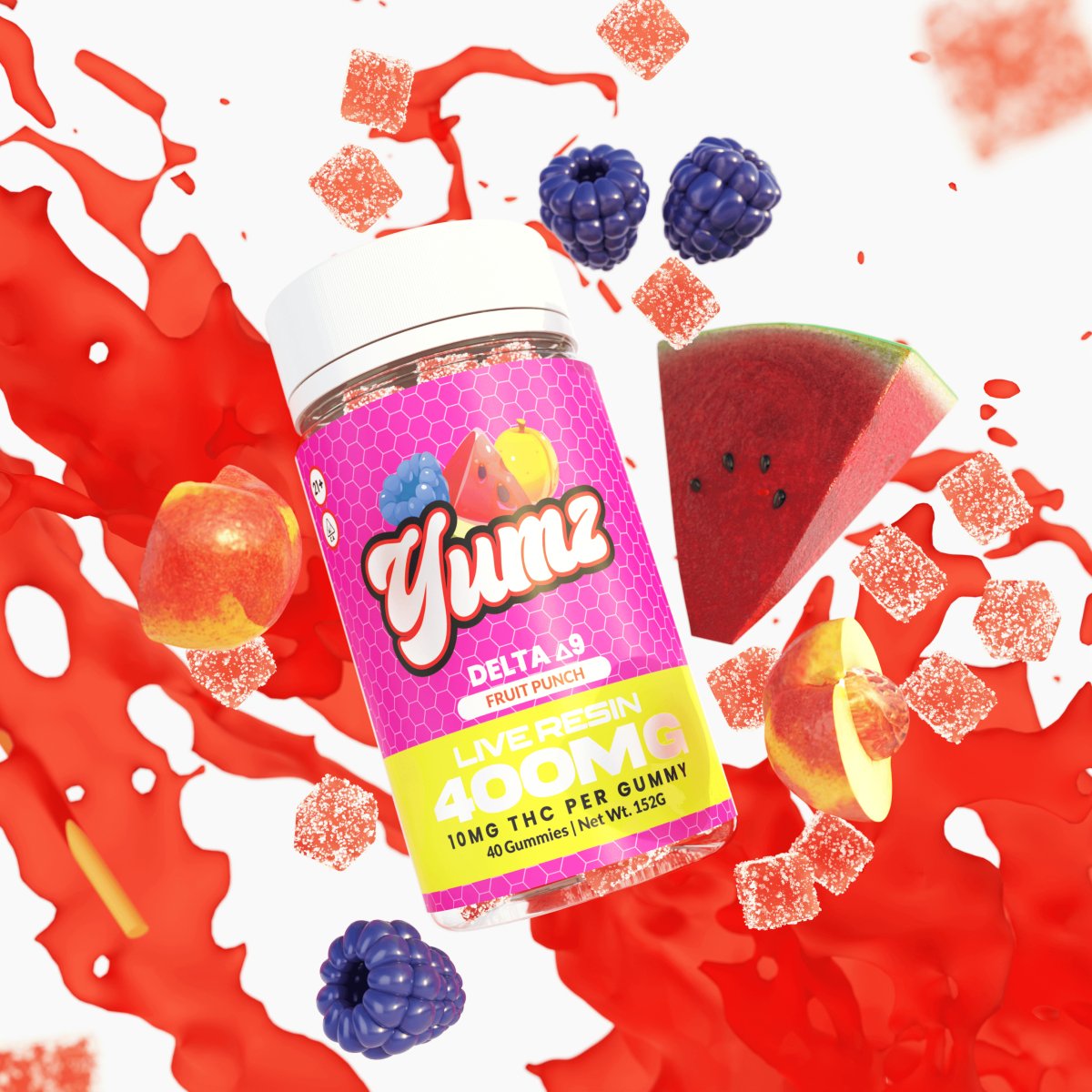The legality of Delta-8 and Delta-9 THC (Tetrahydrocannabinol) can vary depending on the specific jurisdiction and applicable laws. Here is a general overview:
-
Delta-9 THC: Delta-9 THC is the primary psychoactive compound found in cannabis and is known for its intoxicating effects. In many parts of the world, including several U.S. states, Delta-9 THC is classified as a controlled substance and is illegal under federal law. However, some U.S. states have legalized the recreational and/or medicinal use of cannabis, allowing for legal access to Delta-9 THC within those states' regulations.
-
Delta-8 THC: Delta-8 THC is a variant of THC that occurs naturally in trace amounts in cannabis plants. It can also be derived from CBD (Cannabidiol) through a chemical conversion process. The legal status of Delta-8 THC is more complex and can vary. Some states explicitly prohibit Delta-8 THC, while others have not addressed it specifically in their laws. In a few states, Delta-8 THC is explicitly legal and regulated, allowing for its production, sale, and consumption. It's essential to check the specific laws and regulations of your jurisdiction to determine the legality of Delta-8 THC.
It's important to note that laws related to cannabis and its compounds are evolving rapidly. Regulations can vary at the federal, state, and local levels, and they may change over time. Therefore, it's crucial to stay informed about the specific laws and regulations of your jurisdiction regarding the legality of Delta-8 and Delta-9 THC. Consultation with legal professionals or authorities knowledgeable in cannabis laws can provide accurate and up-to-date information.




